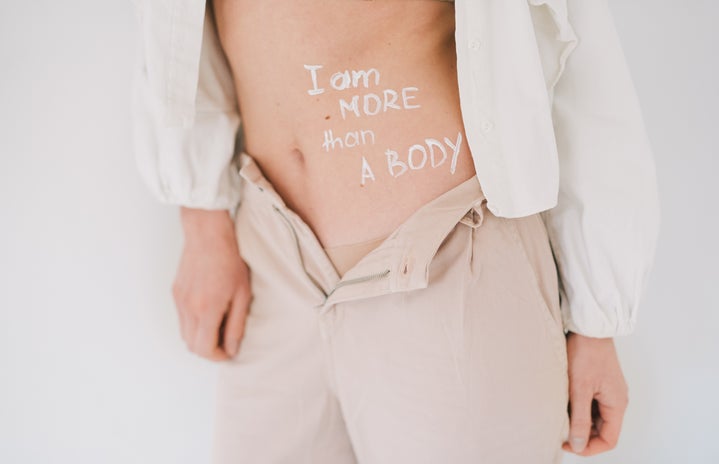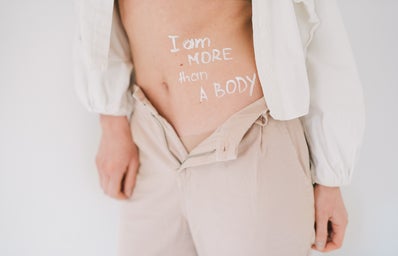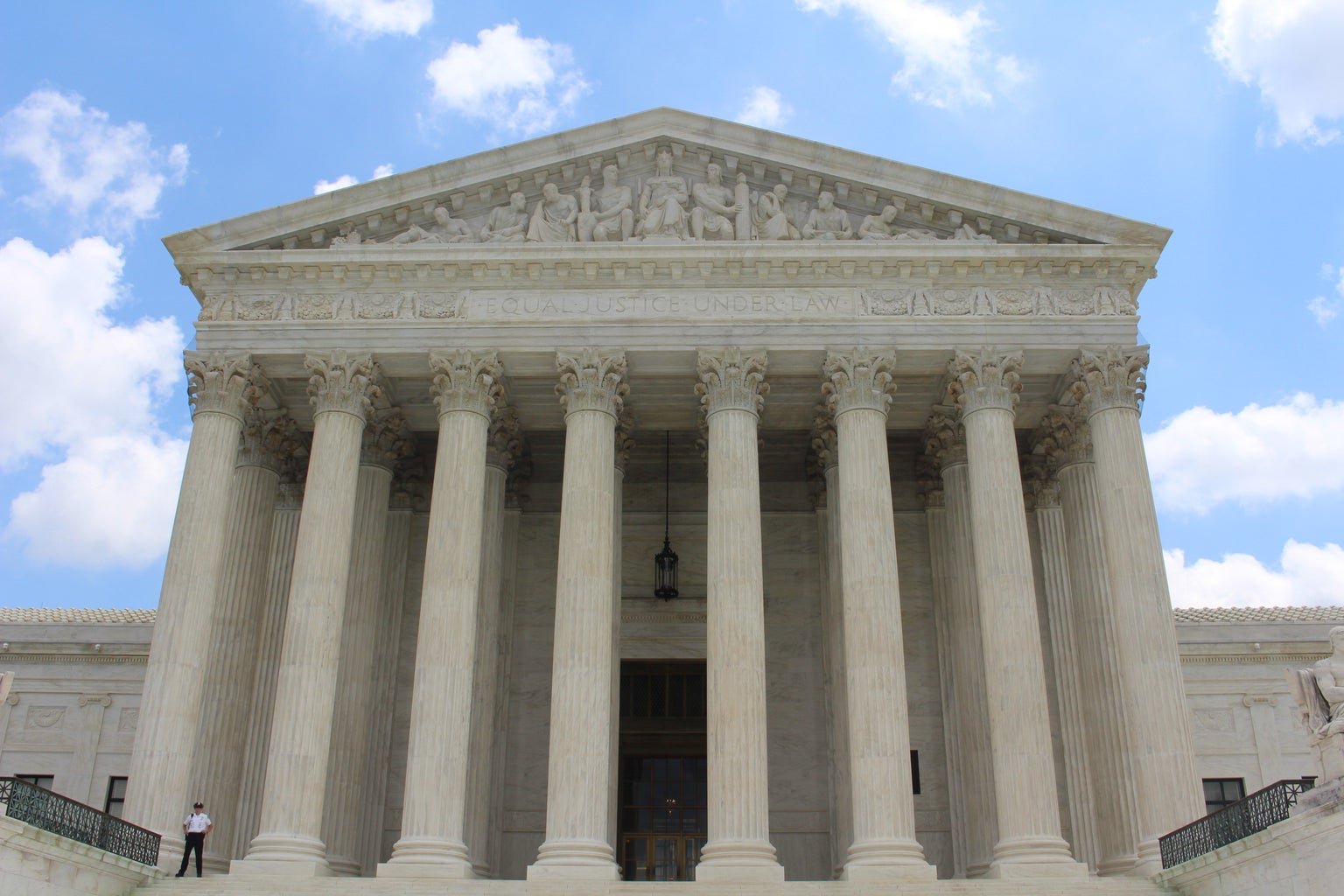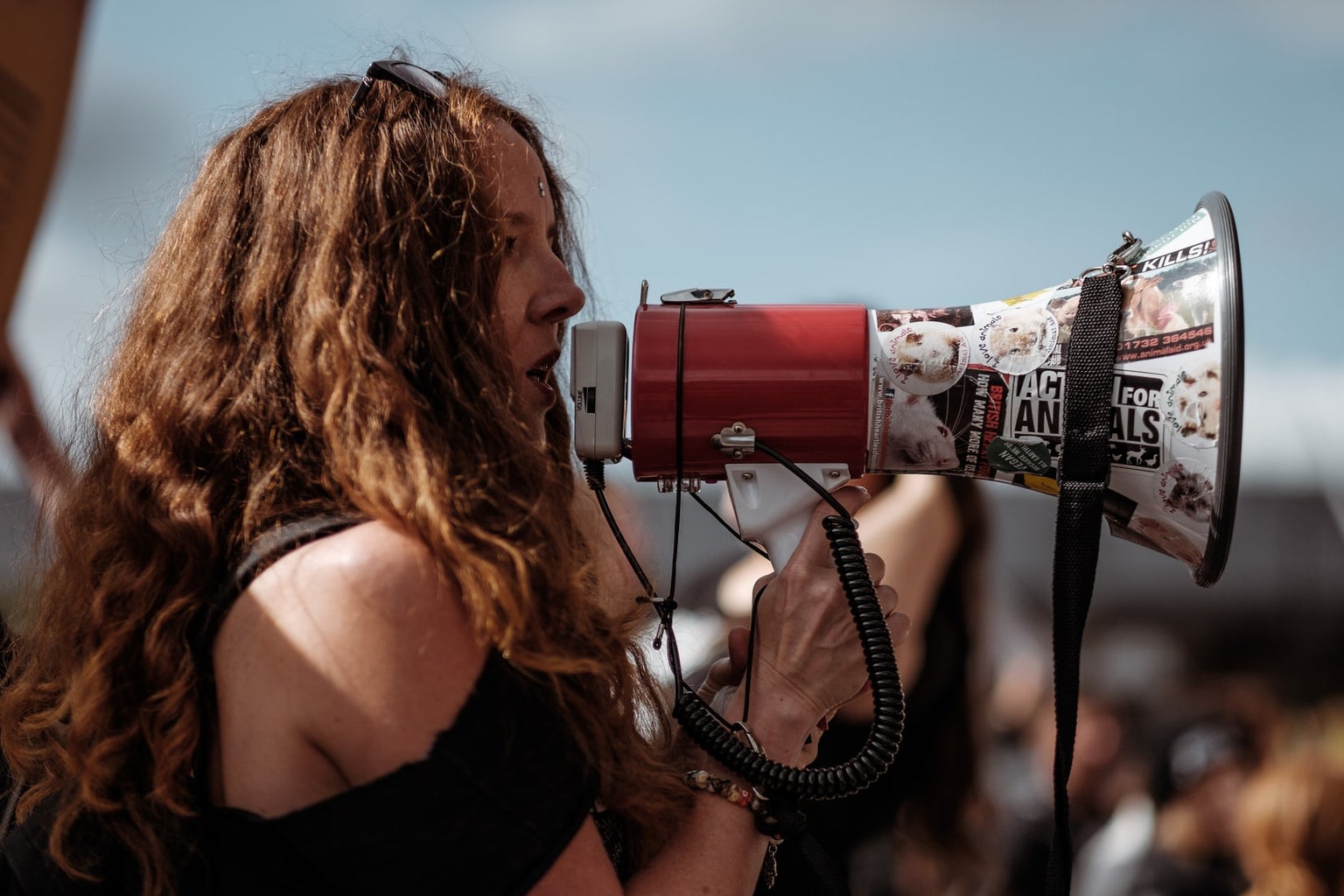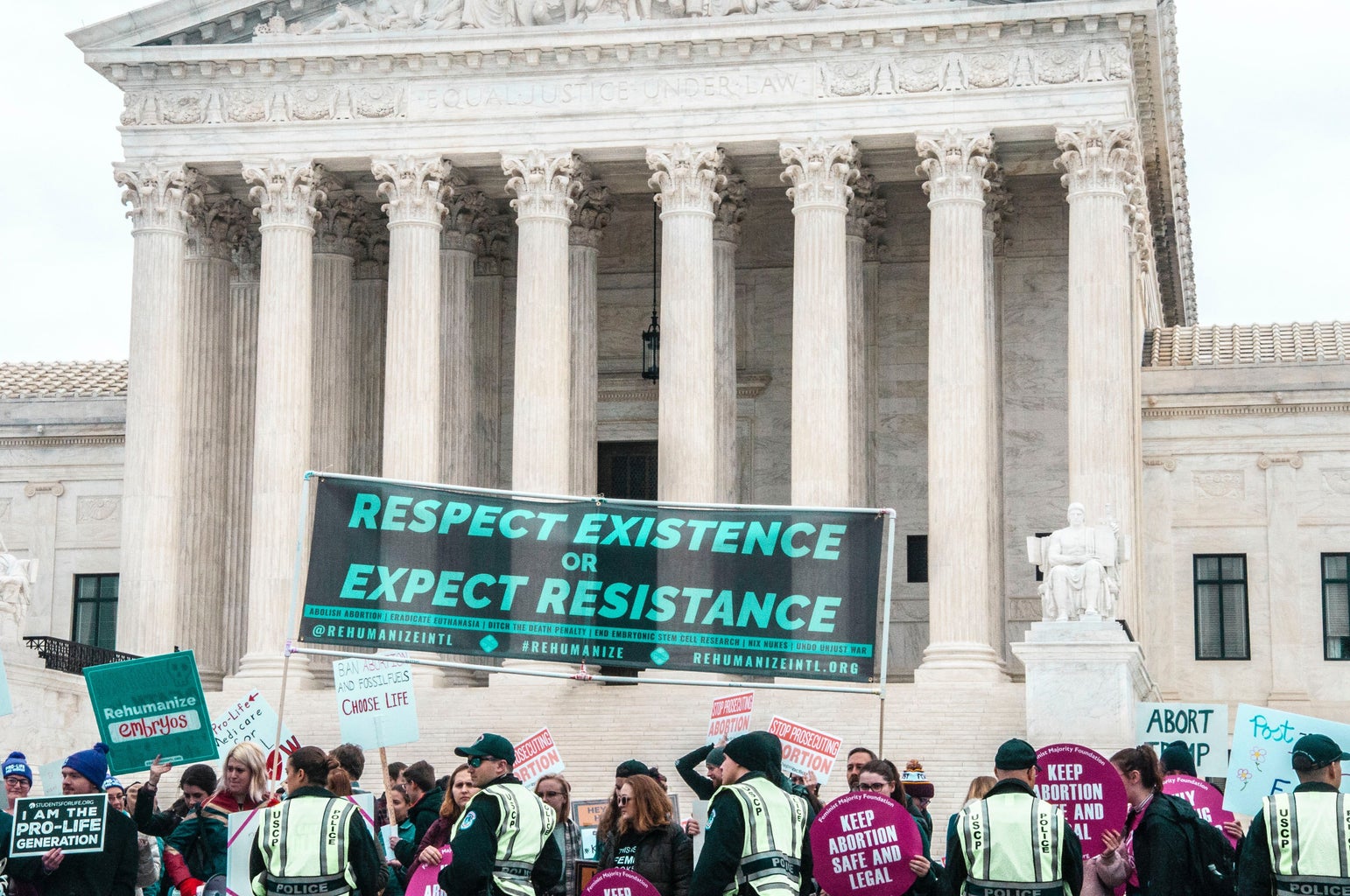UCLA’s Powell Library echoed its usual silence last Thursday afternoon. The massive Hogwartsian hall amplified even the quietest sounds: chair scoots, creaks and the quiet tapping of keyboards under-caffeinated fingertips. But this silence was broken by a cacophony of anger — the indignant cries of an abortion rights rally outside.
Outside the steps of the library, UCLA students gathered to express outrage over concerns of a possible looming future in which Roe v. Wade is overturned, making access to abortion no longer a constitutional right. Since Politico leaked a draft opinion by Supreme Court Justice Samuel Alito, indicating the Court’s decision to overturn the 1973 case, UCLA’s campus has not been silent. The campus, along with the rest of the country, has not known peace of mind since the leak.
In a comment made outside of the Senate floor on May 11, after a failed attempt to protect abortion care, Vice President Harris stated, “this vote clearly suggests that the Senate, is not where the majority of Americans are on this issue.” The majority of Americans support a woman’s right to abortion. The Pew Research Center found 72 percent of Americans support the belief that the decision to have an abortion should only be at the hands of the woman who is pregnant. In 2021, 60 percent of Americans said “Abortion should be legal in all or most cases.” With statistics like these, comedian and political commentator John Oliver remarked “Presidents can’t even get approval ratings that high.” The Supreme Court has allegedly made a decision that does not reflect the general population’s belief, and that is why Americans are angry.
If we are being honest with ourselves, reproductive rights being infringed upon is concerning, but this is not the only concerning thing occurring in American politics. Climate change is accelerating. Inflation is rising. The pandemic is still ongoing. Ukraine and Russia are at war. Why are the cries on UCLA’s campus and across the country louder on abortion rights than they have been on other issues?
As a college student, life can feel very isolated. We eat, sleep and socialize within the same 5-mile radius. If events don’t directly affect campus life, it’s difficult to feel attachment or connection. Why is the issue of reproductive rights something that has struck a chord with young adults?
Sociology professor Gail Kligman at UCLA believes this issue is different because of its devastating impact on the basic autonomy of the female body. If the Supreme Court overturns Roe v. Wade, abortion laws in certain states will rapidly become highly restrictive due to trigger laws already set in place. In an interview conducted with Her Campus, Kligman said overturning Roe v. Wade “affects your bodies and your possibilities in so many ways respects, not just related to abortion. It’s really mobilized [things] that has not been the case [before].”
Young women in college are particularly impacted by Roe v. Wade because they have the highest rate of abortions. Women from 15 to 19 account for 19 percent of all abortions and 20 to 24-year-old women account for another 33 percent.
Before the leak, students in Kligman’s Politics of Reproduction course saw the concepts she taught as abstract ideas such as those from a dystopian novel. This is reminiscent of The Handmaid’s Tale, where the government-controlled women’s bodies and reproductive systems, not in today’s world. Kligman said students took for granted what women long fought for — like access to contraceptives and safe abortions — because it was never a question of reality. But, with the news of Justice Alito’s draft opinion, restrictions on abortion are no longer concepts in a novel or lines in a history book. It’s not a Margaret Atwood novel; it’s reality.
However, there is hope. The leaked draft opinion brought an energized sense of purpose among women and a greater awareness of the reproductive rights movement. Kligman emphasized that reproductive rights are not “just about physical reproduction.” It’s about protecting the “most intimate aspects of people’s personal lives … and that intrusion by a minority, and I don’t mean just in the Supreme Court, …. are quite out of sync with the majority.” This intrusion has inspired powerful activism. The reproductive rights movement, which is so much more than abortion rights, is channeling this power into nationwide marches and rallies. The reproductive movement took the critiques of the feminist movement and has brought race, gender, and sexuality to the conversation, making it more inclusive than ever.
Given her work studying the history of reproductive rights, specifically in Romania, Kligman stated “There’s a reason why it’s useful to actually know something about the past … and suddenly these useful things are very very present.” Women’s rights advocates have championed reproductive rights before, and they are ready to do it again. The nation has seen a cascade of politicians and celebrities sign pledges, petitions, and pickets out on the streets and on social media.
News of overturning Roe v. Wade has created a vacuum of questions. Where does the country go from here? What are the next steps? Is Roe v. Wade being overturned completely? Or pieces of it? There are fears that period tracking apps may be weaponized to investigate women seeking abortions. How do these apps protect users’ privacy? The social and political landscape has changed greatly since 1973.
College campuses have long been safe havens for activists. This news is a heavy disappointment for the pro-choice movement, but channeling anger into peaceful but effective activism is powerful and impactful. Anger is not easily forgotten.
Toward the end of our interview, Kligman talked about the hope she sees in the photos of young people leading rallies against reproductive restrictions. She sees young people leading the charge. She sees more men protesting with women, showing their solidarity. This is different from previous mobilizations; this is a moment to prove to the world the tenacity in the fight for equality for all.
